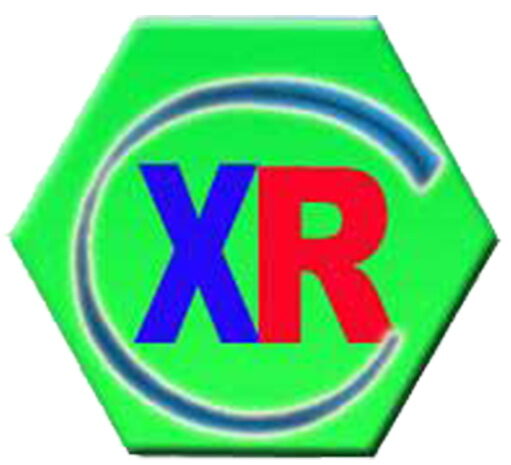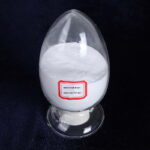What are Contrast Agents?
Contrast agents are chemicals injected (or administered) into a tissue or organ to enhance the effect of an image. The density of these products is higher or lower than that of the surrounding tissue, and the contrast is made by using certain devices to display the image. If X-ray observation commonly used iodine preparation, Barium Sulfate, etc.
Commonly used high density contrast agents are Barium Sulfate and iodine preparations.
- Barium Sulfate: generally used for digestive tract angiography, it is made of pure medical barium sulfate powder mixed with water to make suspension. The concentration of Barium Sulfate is usually expressed by weight/volume (W/V) and varies according to the site and purpose of the examination.
- Iodine preparations: There are many kinds of iodine preparations, which can be divided into three categories, namely inorganic iodide, organic iodide and iodide oil or fatty acid iodide.
Medical Grade Barium Sulfate (CAS: 7727-43-7)
Medical Grade Barium Sulfate is a white formless powder, relative density 4.50 g/cm³(15℃), melting point 1580℃. No taste and no poisonous. Acid and alkali-resistant, mohs hardness(3-3.5), can absorb X-ray and other dangerous radiation.
Learn more


